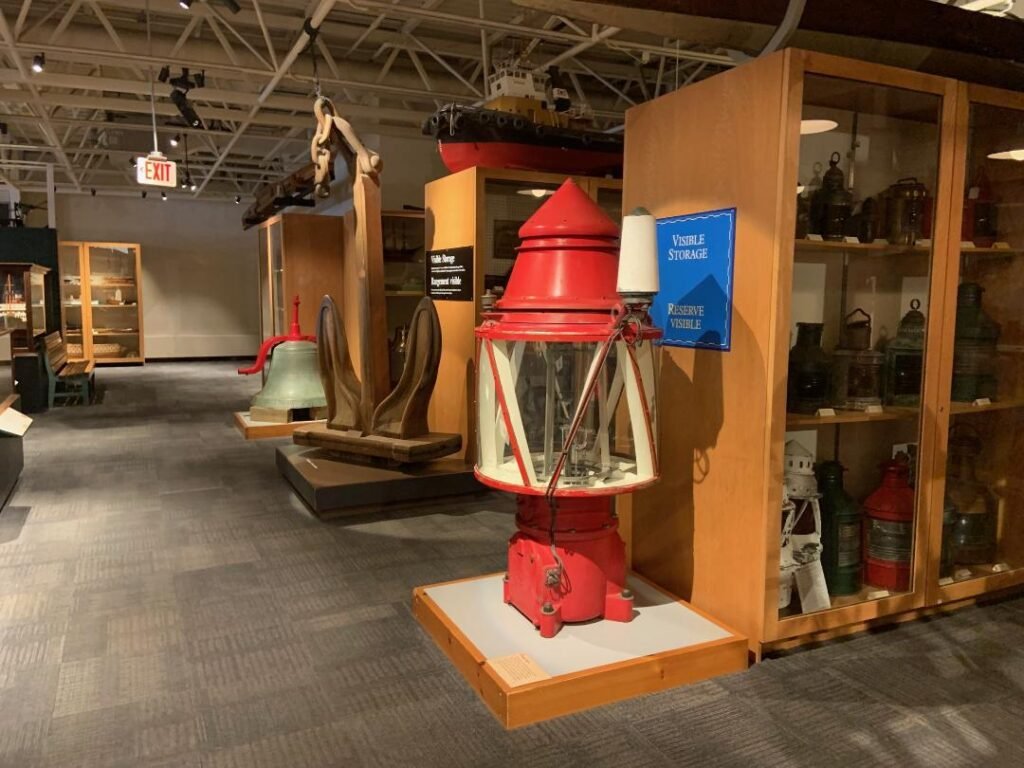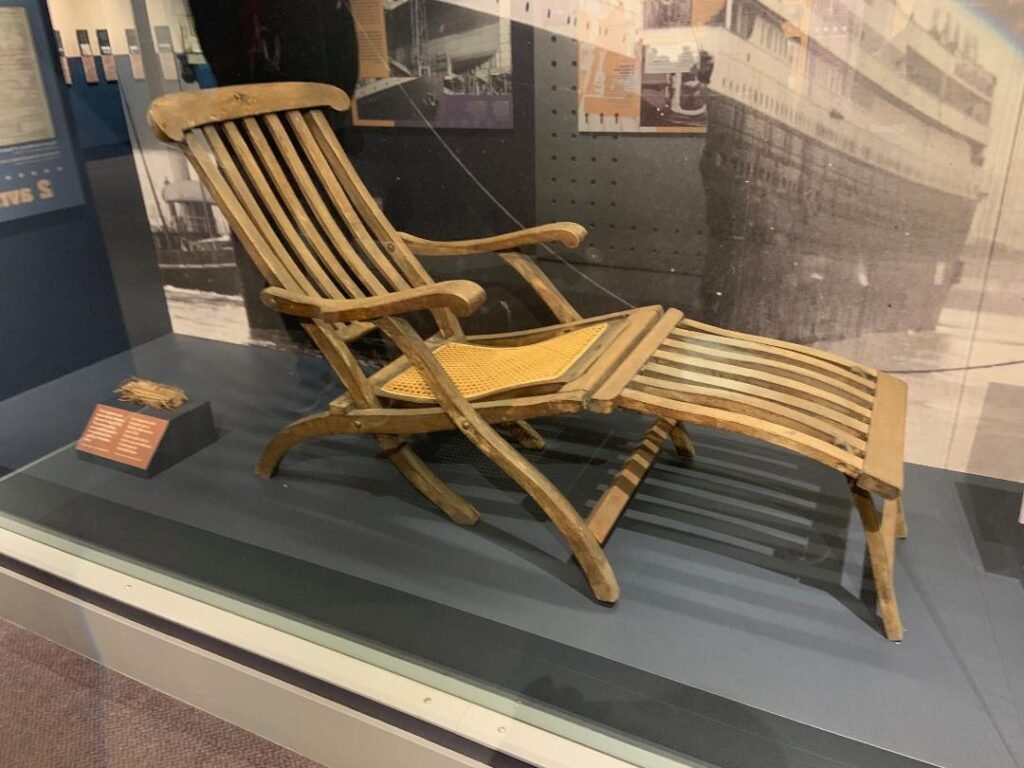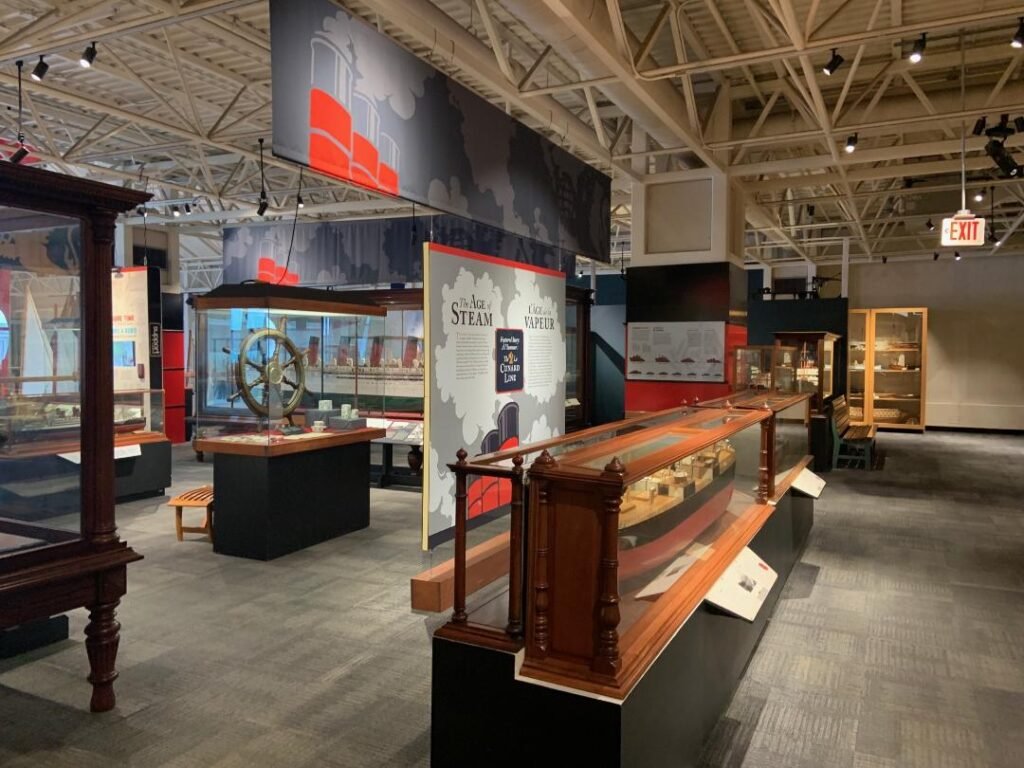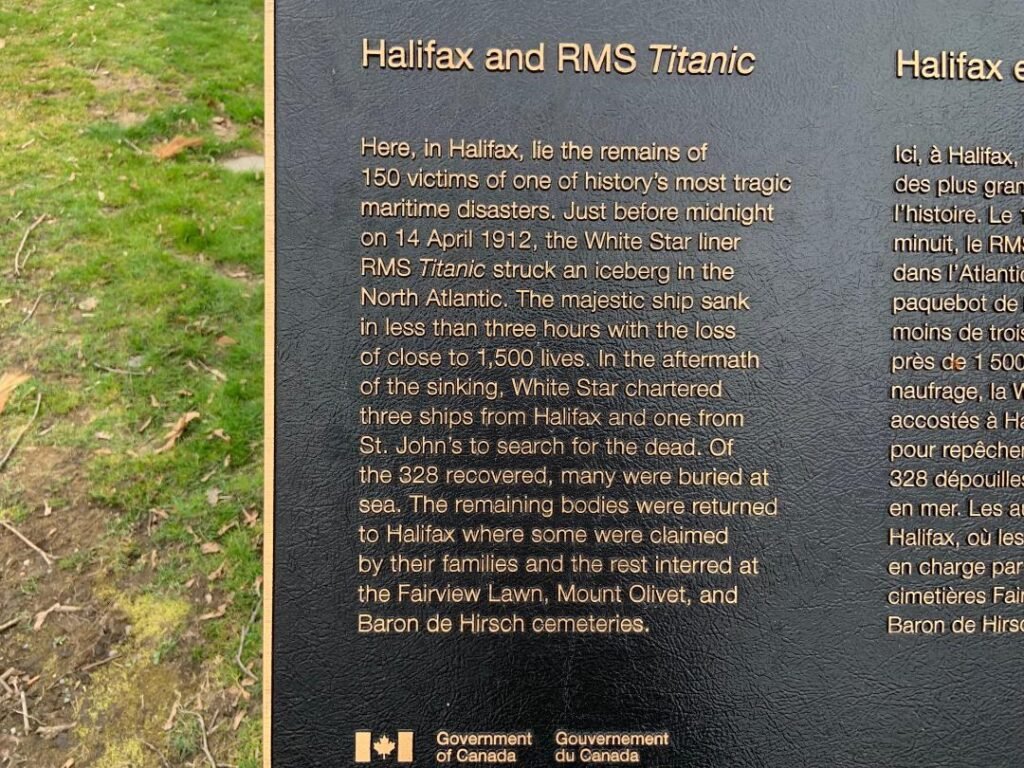Halifax Nova Scotia
Thank you for reading this post, don't forget to subscribe!
is a great city and area steeped in history. The town of Halifax was founded by Great Britain in 1749. The town was established by the British to expand their North American empire in competition with France.
Halifax is the capital of Nova Scotia and the special things to see and historic places to visit are endless. Halifax has the distinction of being one of the world’s largest ice free harbors. Because of this Halifax is one of the most important Canadian commercial ports on the Atlantic Ocean.
In addition, Halifax has one of the world’s longest downtown boardwalks.
Below I’ve listed some historic stops you may wish to make on your tour of Halifax.

Visit Beautiful Peggy’s Cove
Enjoy a scenic drive from Halifax to the beautiful Peggy’s Cove in Nova Scotia.
Sitting at the entrance to St. Margaret’s Bay, this beacon has been guiding sailors and fishermen since 1868. The current lighthouse was built in 1915 and sits atop massive boulders which is the uniqueness in this special place. The lighthouse is active and an iconic Canadian structure. The area of Peggy’s Cove offers exceptional natural beauty with windswept shores and scenic coves,
There is a new accessible viewing platform at the lighthouse. This makes it easier for folks with mobility issues to admire and enjoy the area. It is a great addition to Peggy’s Cove.
Maritime Museum of the Atlantic

The Maritime Museum of the Atlantic is located on the Halifax waterfront This is Canada’s largest and oldest maritime museum. Situated overlooking the harbor, it offers a fascinating exploration of Nova Scotia’s rich nautical heritage. There are fine displays of sailing vessels, some most excellent ship models.
From small craft boat building to World War Convoys, the Days of Sail to the Age of Steam, the Titanic to the Halifax Explosion, you’ll discover the stories, events and people that have come to define Nova Scotia and its relationship with the sea. By displaying artifacts and providing interactive exhibits, this specialty museum recounts the numerous shipwrecks off Nova Scotia’s shores, the city’s days as a commercial shipping hub and its role as a military player in World Wars I and II.

Halifax was the closest major seaport when the Titanic hit an iceberg and sank in the frigid Atlantic on April 15, 1912. It became the base for ships searching and recovering the bodies of Titanic victims.
The Titanic Tragedy
Halifax Nova Scotia played a major role in the days following the sinking of the British passenger liner Titanic.
At first officials from the White Star Line, owner’s of the Titanic, actually believed that their “unsinkable” ocean liner would sail to Halifax, the closest major port and trains with relatives and immigration officials even departed from New York to Halifax. Hours after the ship sank, White Star Line commissioned cable ships that were based in Halifax to recover the bodies of victims.
There were a total of 209 victim’s bodies brought back to Halifax. From that number, 150 were laid to rest in three cemeteries in Halifax. Family members of some victims made arrangements for their relatives remains to be transported back to their homeland.

Fairview Lawn Cemetery holds the graves of 121 victims of the Titanic. The graves are arranged in four lines on a sloping hillside within the cemetery. The Titanic victims interred at Fairview Lawn represent a cross-section of those aboard the ship from first class passengers to third class passengers such as Swedish emigrant Alma Pålsson, traveling with her four children.
Fairview Lawn Cemetery is located at 3720 Windsor Street, Halifax
See these related Trips Into History articles..
Lake Louise in Canada’s Banff National Park
See more photos below…


(Article and photos copyright Trips Into History)
